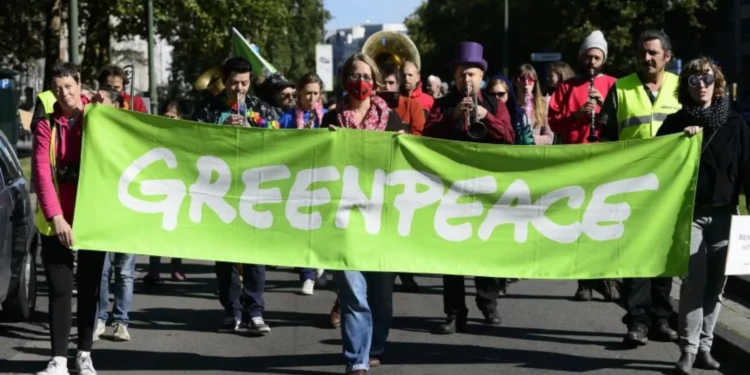Is an Air Quality Measurement Representative?
Brussels (Brussels Morning – March 26, 2018) Greenpeace is taking decisive legal action against the Walloon and Flemish governments, challenging the adequacy of current air quality measurement systems. Juliette Boulet, spokesperson for Greenpeace Belgium, underscores the inadequacy of the existing network, particularly regarding nitrogen dioxide (NO2) levels in densely populated urban areas.
Addressing Urban Pollution Challenges
The organization highlights the phenomenon of the “urban canyon” effect, where pollution accumulates in narrow streets flanked by tall buildings. Despite scientific evidence indicating similar challenges in Flemish cities, Greenpeace emphasizes the absence of appropriate measures in these areas. Boulet stresses the importance of accurate data collection to reflect citizens’ true exposure to air pollution.
Legal Proceedings and Policy Reforms
Greenpeace’s legal challenge seeks to compel both regions to reassess their air quality policies, demanding urgent action plans to address pollution hotspots. While recognizing discrepancies between official figures and actual pollution levels in Flanders, the association criticizes the region for failing to adjust its policies accordingly. Boulet emphasizes the need for comprehensive measures to mitigate air pollution’s adverse effects on public health and the environment.




